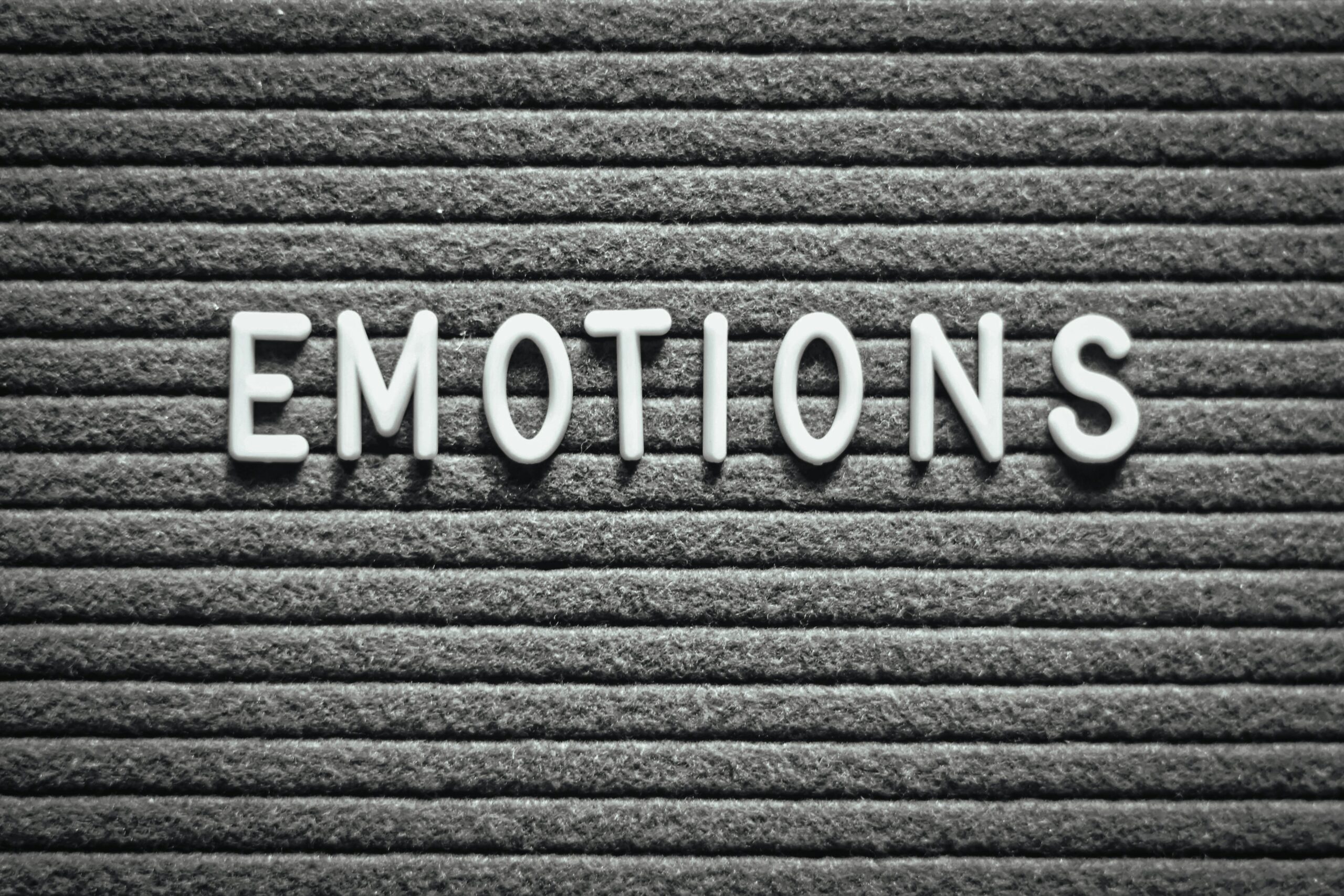10 Sharper Mind for Life Tips That Actually Work
Boosting your brain power isn’t just for students or professionals—it’s essential for everyone. In today’s fast-paced digital age, keeping a sharper mind for life helps you stay productive, make better decisions, and enjoy a richer mental life. This article explores practical, science-backed strategies that can elevate your cognitive performance and keep your brain resilient for decades to come.

Understanding the Fundamentals
Before diving into sharper mind for life tips, it’s essential to understand what cognitive health really means. Cognitive health encompasses memory, attention, problem-solving, and emotional regulation. It forms the core of how we function daily.
Just as muscles need exercise, the brain needs stimulation and care to maintain peak performance. Neglecting mental health can lead to cognitive decline, but with the right techniques, it’s possible to enhance and even rebuild brain strength over time.
1.1 The Brain’s Plasticity
Neuroplasticity refers to the brain’s ability to reorganize itself by forming new neural connections. This dynamic ability continues throughout life, enabling learning and memory improvements even in older age.
For instance, learning a new language or playing a musical instrument can stimulate different parts of the brain, fostering new growth. Contrary to the myth, the brain doesn’t stop evolving at a certain age—it just needs consistent engagement.
1.2 The Role of Cognitive Reserve
Cognitive reserve is your brain’s resilience against damage or aging. It’s built over time through education, social interaction, and mental challenges, making your mind more resistant to decline.
People who actively build cognitive reserve may not show symptoms of cognitive impairment despite brain changes, showing the power of lifelong learning and engagement.
Practical Implementation Guide
Knowing the theory is just the beginning. Applying sharper mind for life tips requires consistency and intentional habit-building. Results can vary, but most people notice improved focus and memory within weeks of sustained effort.

2.1 Actionable Steps
- Daily Brain Exercises: Solve puzzles, read, or try brain-training apps that challenge memory and logic.
- Get Quality Sleep: Aim for 7–9 hours of restful sleep, as the brain consolidates memories and detoxifies during rest.
- Practice Mindfulness: Meditation, deep breathing, and focused awareness reduce mental clutter and sharpen thinking.
2.2 Overcoming Challenges
Many people struggle with time management, lack of motivation, or feeling overwhelmed. Here’s how to handle these:
- Obstacle: “I don’t have time.” Solution: Incorporate micro-habits like 5-minute puzzles or mindful walks.
- Obstacle: “It’s hard to stay consistent.” Solution: Use habit trackers or accountability partners.
- Obstacle: “I get distracted easily.” Solution: Create a low-distraction workspace and schedule mental breaks.
Experts also recommend starting small and celebrating incremental progress, which keeps motivation high.
Advanced Applications
Once you’ve established a strong cognitive routine, you can begin leveraging advanced tools and strategies to further optimize brain performance. These techniques are ideal for professionals, students, and seniors seeking peak mental capacity.

3.1 Biofeedback and Brain-Training Devices
Biofeedback devices like EEG headbands and neurostimulation tools help users train their brain in real-time. Case studies show users improving focus and reducing stress after just a few weeks of use.
These tools offer performance metrics such as attention span, memory recall, and stress response—making your sharper mind for life tips even more measurable.
3.2 Nutritional Nootropics
Nootropics, also known as smart supplements, are substances that support cognitive function. From Omega-3 fatty acids to adaptogens like Rhodiola Rosea, these can complement lifestyle changes.
It’s vital to ensure compatibility with existing medications and consult healthcare professionals before integrating supplements into your regimen.
Future Outlook
The cognitive enhancement space is evolving rapidly. With AI-driven diagnostics and personalized brain-training platforms, the future of brain health is highly promising. Innovations like virtual neuro-therapists and genetic brain optimization are already on the horizon.
To prepare, stay informed about emerging research and be open to integrating new tools. The earlier you adopt consistent cognitive habits, the better positioned you’ll be to benefit from technological advances.
Conclusion
Sharpening your mind for life isn’t a one-time task—it’s a lifelong journey. The three biggest takeaways include: consistent daily engagement is key, lifestyle choices directly impact brain health, and advanced tools can amplify results.
Start today with just one new habit. Whether it’s a crossword puzzle or a mindful break, small steps lead to big changes. Your brain deserves the same care as the rest of your body—make the investment now for a brighter, sharper future.
Frequently Asked Questions
- Q: What’s the best beginner method for sharpening my mind? Start with simple brain games and daily reading—both proven to boost focus and memory.
- Q: How do I get started with a sharper mind routine? Set aside 15 minutes a day to practice puzzles, read, or meditate. Gradually increase as it becomes habit.
- Q: How much time should I invest daily? Even 10–20 minutes of focused brain activity can make a noticeable difference within a few weeks.
- Q: Is improving brain health expensive? Not necessarily—most activities like reading, meditating, or walking are free. Supplements or devices can add costs, but aren’t essential.
- Q: How do these tips compare to brain training apps? Apps are helpful but should complement, not replace, real-world activities like problem-solving and social interaction.
- Q: Are these techniques hard to learn? No. Most sharper mind for life tips are easy to understand and implement with a little practice and consistency.
- Q: Can this approach work in the workplace or school? Absolutely. These strategies are especially helpful for improving productivity, focus, and mental stamina in academic or professional settings.
